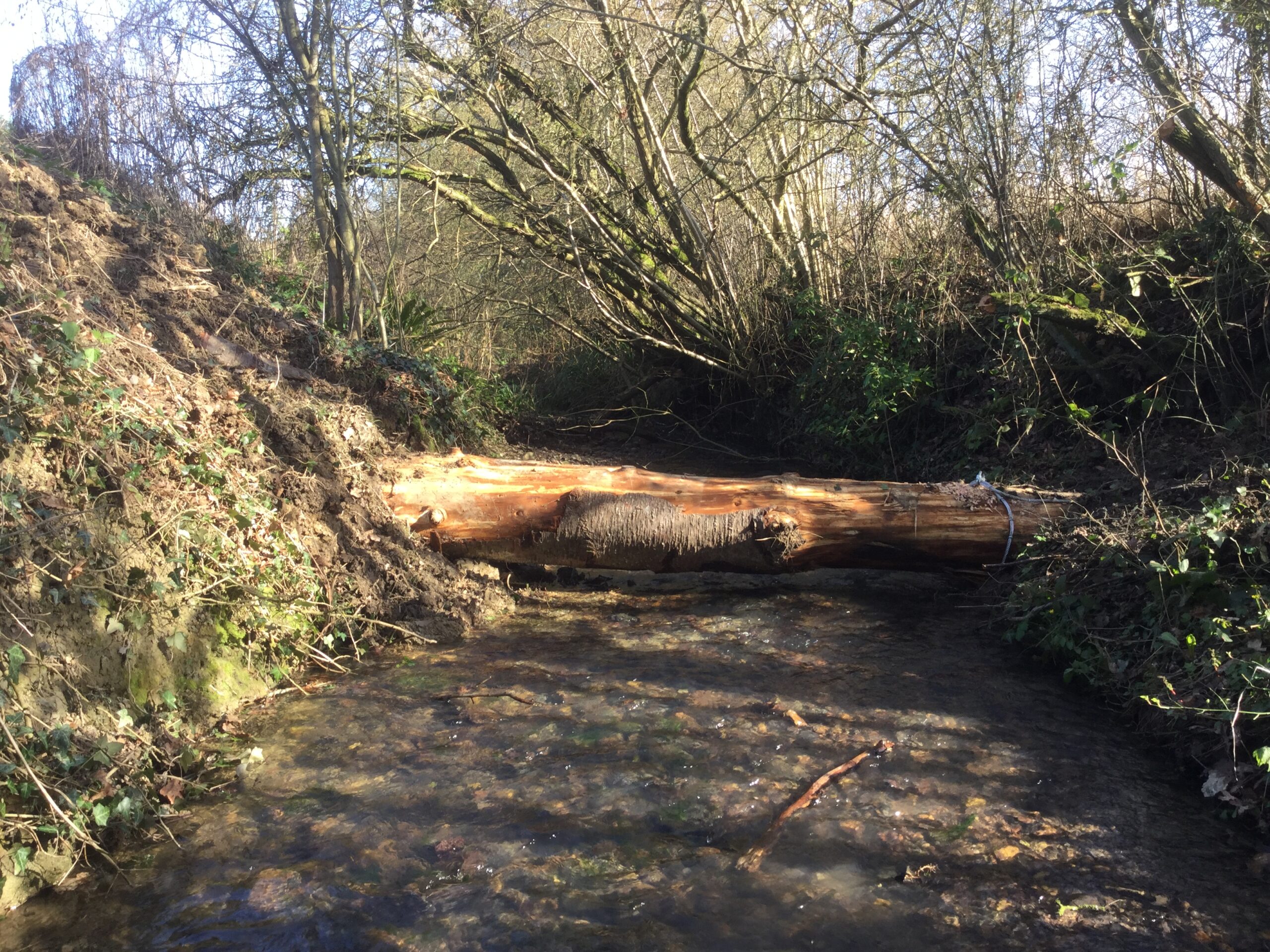Two PhD projects available looking at Natural Flood Management within the Evenlode Catchment. Both projects are led by LANDWISE team member, Dr Gareth Old, CEH Wallingford.
Project 1: Quantifying the effectiveness of natural flood management in lowland catchments – focus on hydrology
Outline: Further calls for the inclusion of natural solutions in flood alleviation schemes were made following the severe floods in Cumbria, December 2015. Natural Flood Management (NFM) has emerged over the last decade as a very useful and sustainable approach. It involves the adoption of a multitude of measures that mitigate flooding by restoring or enhancing natural processes in upstream catchment areas. Evidence of the effectiveness of NFM in flood risk management is limited. Therefore, the overall aim of this project is to monitor a range of NFM interventions and evaluate their functioning in space and time. This will provide the information needed by numerical modellers to assess their effectiveness at a range of scales. More specifically the objectives of this
project would be to:
1. monitor the functioning of NFM interventions both individually and in combination for a range of event magnitudes and antecedent conditions;
2. define flood hydrograph metrics and determine the potential of interventions to mitigate specific flood characteristics (e.g. peak flow, peak level, flood duration, rate of rise);
3. consult numerical modellers to translate measurements of hydraulic and hydrological intervention functioning into useable parameters (e.g. roughness and storage indices);
4. interpret and communicate measurements of intervention functioning to a wide range of stakeholders; and
5. consider the sustainability of interventions and their potential in mitigating future environmental change.
This project benefits from the unique opportunity to monitor the effectiveness of interventions being implemented as part of the Thames Basin NFM trial in the Evenlode catchment. This is a 5 year trial (2016 to 2021) being co-ordinated by the Evenlode Catchment Partnership. The potential of using citizen science to enhance the monitoring of interventions will be considered. This project will compliment previous NFM modelling studies and benefit from alignment with current initiatives. A range of novel monitoring techniques will be used to monitor intervention functioning (e.g.
Unmanned Aerial Vehicle (UAV) photography and a remote controlled surveying boat).
This project would be hosted by CEH with the PhD being awarded by Reading University under the SCENARIO DTP with CASE support from the Evenlode Catchment Partnership(ECP) of £1k per year (for the 3 years).
The deadline for applications is 29 January 2018. Please follow web link below for more information: http://www.met.reading.ac.uk/nercdtp/home/available/land/
Project 2: Integrated lowland catchment management: working with natural processes to meet the needs of multiple stakeholders – focus on water quality
Outline: Natural Flood Management (NFM) interventions include a multitude of measures that mitigate flooding by restoring or enhancing natural processes. Processes include slowing flows, storing water; increasing floodplain roughness and increasing soil infiltration. In addition to mitigating flooding they are likely to have important impacts on water quality. For example, increasing soil infiltration may reduce pesticide and nutrient runoff, slowing river flows may increase instream algal growth and nutrient processing, increasing floodplain roughness (with trees) may result in more river shading (reducing algal growth and cooling rivers), and increasing floodplain connectivity may enhance the deposition of sediments.
Thames Water have a strong interest in catchment based interventions which bring together key stakeholders to maintain and seek to improve natural catchment functions of flow attenuation (securing water supply; mitigating low flow issues) and pollution amelioration (reducing treatment costs and mitigating environmental impacts). They are promoting this approach through catchment trials and future investment is dependent on robust cost-benefit evidence.
Given that the effectiveness of such measures on both mitigating floods and their impacts on water quality are poorly understood there is an urgent need for this research.
The overall aim of this project is to develop underpinning science to better understand the water quality and flood risk benefits of natural flood management interventions. More specifically, this project necessarily adopts a range of methods through four objectives to meet this scientifically challenging and end user focused aim. Proposed objectives include:
- Review existing evidence on water quality improvements through working with natural processes and link this to specific NFM measures;
- Analyse existing flow and water quality data from 4 instrumented water bodies in the Upper Evenlode catchment to assess the impact of implemented NFM measures
- Undertake targeted flow and water quality monitoring of specific interventions (e.g. log jams, field corner bunds, cover crops) to evaluate their functioning.
- Define the effectiveness of specific measures in different catchment settings (e.g. slopes, soils) and for varied hydrological conditions (e.g. high and low flows).
This project would be hosted by CEH with the PhD being awarded by the University of Southampton under the SPITFIRE DTP with CASE support from Thames Water of £1k per year (for the 3 years).
The deadline for applications is 5 January 2018. Please follow web link below for more information: http://noc.ac.uk/gsnocs/projects/projects-by-available-funding/Projects%20eligible%20for%20SPITFIRE%20Funding

